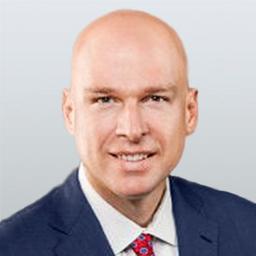Commentary
Thus far, President Joe Biden’s vaccine mandates have fared poorly in court. Whether government-enforced mandates will ultimately be found legal or constitutional is a matter of ongoing legal debate. Some private businesses, though, have already chosen sides in a way that may violate employment law.

